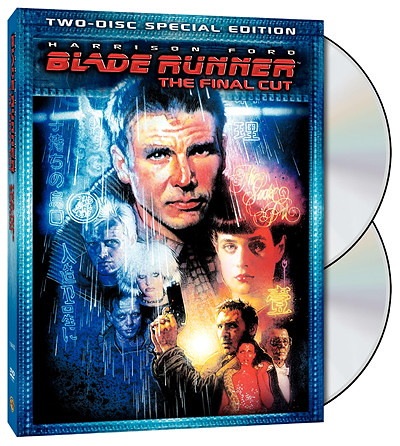Copywriting, and all of marketing really, represent that beautiful intersection between business and creativity. Those of us lucky enough to find our way into this niche find that, amazingly, we can actually make a living being creative.
Granted, the work we create may not always grab the attention of our hipster friends, but it will put food on our clients’ tables (most important), put food on our own tables (second most important), and put food on our aforementioned hipster friends’ tables (if they’re lucky).
Perhaps the biggest mistake we can make as copywriters when we find ourselves writing specifically for a search engine optimization initiative is becoming untrue to our own creative personalities.
Being a copywriter means adapting your voice to become the voice of your target audience, whether that means writing like an accountant, a technology provider, or even a business analyst. When writing content for SEO, you add the additional layer of complexity of expanding your audience to include the search engine ‘bots.
This can frustrate the creative ogre that lies within us on a few levels:
- We work in marketing – the greatest industry forever and ever.
Why can’t everyone, including the ‘bots, just speak like we do? - Writing for robots is making us feel like robots, with the rules and what not.
We’re not robots – we’re writers!
These may seem like good points when echoed in our own heads, but truly, they are misguided. SEO copywriting when done correctly – is an enhancement to our creativity – not a limiter.
Take the creative approach towards the following SEO guidelines:
- Title tags must include the most important keyword related to the page
This is great! Think of it this way – if a title tag is limited to 10 words, and you are working with a keyword like “Accounting Software” you’re 1/5th of the way done! Add in the client name, and you’re 1/3rd of the way there.Now, you just need those seven final words to make this a compelling bit of copy – compelling enough to get your target to click through.Finding the right creative mix of seven words is a challenge that should be received as a gift by any skilled writer. Remember, Hemingway only needed six.
- Keywords must appear up and to the left
How dare someone tell you what words should go where, right?Granted, the reasoning for keyword placement can feel robotic – after all – the search engine ‘bots scan for keywords that appear up and to the left.Want to know a secret, though? So does everyone in the entire world who ever lived and took the time to learn how to read and scan something for their name. (Note From Editor: Except in certain cultures where they write right-to-left, not left-to-right…something to think about, Mike 🙂 ) People are notorious scanners. Humans created the ‘bots to take after their masters, and their masters do not have time to read anything unless hooked by a strong opening, ie, some compelling bit of copy they’ve spied “up and to the left.”
- The same keyword(s) must be used so many times
This is an easy one. You only have to use a keyword as much as it makes sense to use it. Typically, 3-4 instances on webpage will suffice, although you could potentially include it more if in reference to a branded company or product name.Remember – we’re writing for humans, here. Use your keyword just enough that a human will know what it is you are talking about. The ‘bots we create will follow-suit.
- Internal links should be implemented within your web copy
Gee whiz, I just wrote all this great stuff and now I have to worry about linking it to something else? Think of it this way. Some of the best jokes told by stand-ups comedians reference another joke recently told. For the uninitiated, this is a “callback” – and it helps add a new level of fullness to the bit.Links in your copy are the same idea. By linking to additional, relatable content your copy expands to feel fuller with very little extra effort on your part.
The best thing about taking a creative angle when approaching the rules of SEO copywriting?
Ensuring a successful website for your client (most important) and gaining recognition as a skilled and creative copywriter (a close second).



